Ishan D. Khurjekar
Closing the sim-to-real gap in guided wave damage detection with adversarial training of variational auto-encoders
Jan 26, 2022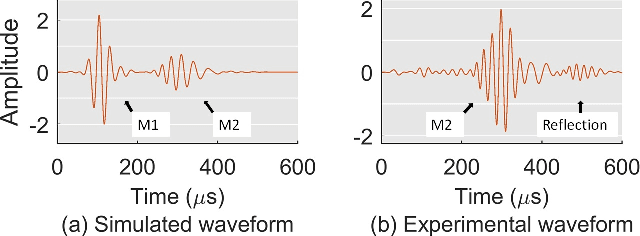
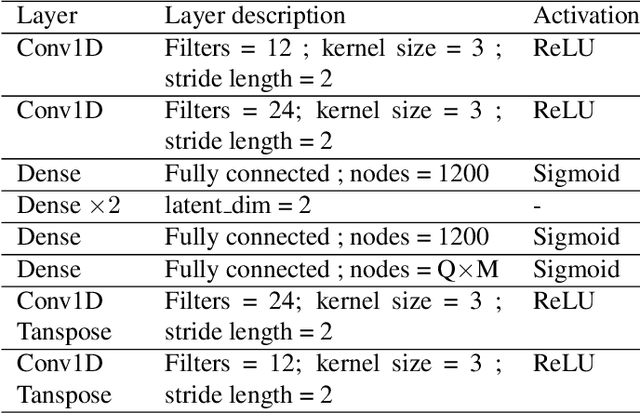
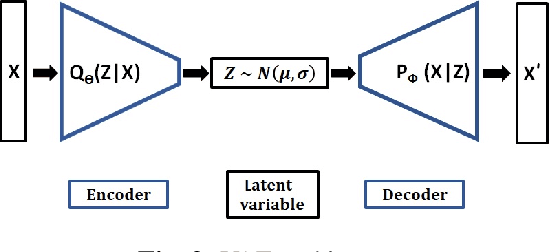
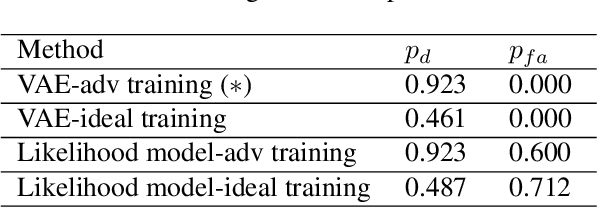
Abstract:Guided wave testing is a popular approach for monitoring the structural integrity of infrastructures. We focus on the primary task of damage detection, where signal processing techniques are commonly employed. The detection performance is affected by a mismatch between the wave propagation model and experimental wave data. External variations, such as temperature, which are difficult to model, also affect the performance. While deep learning models can be an alternative detection method, there is often a lack of real-world training datasets. In this work, we counter this challenge by training an ensemble of variational autoencoders only on simulation data with a wave physics-guided adversarial component. We set up an experiment with non-uniform temperature variations to test the robustness of the methods. We compare our scheme with existing deep learning detection schemes and observe superior performance on experimental data.
Uncertainty Aware Deep Neural Network for Multistatic Localization with Application to Ultrasonic Structural Health Monitoring
Jul 14, 2020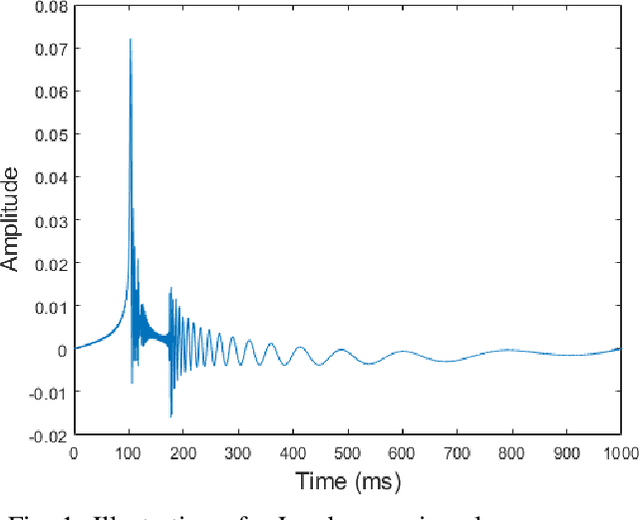
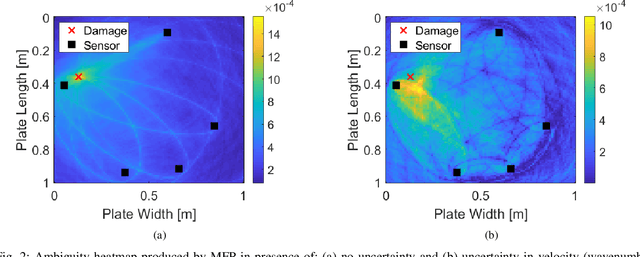
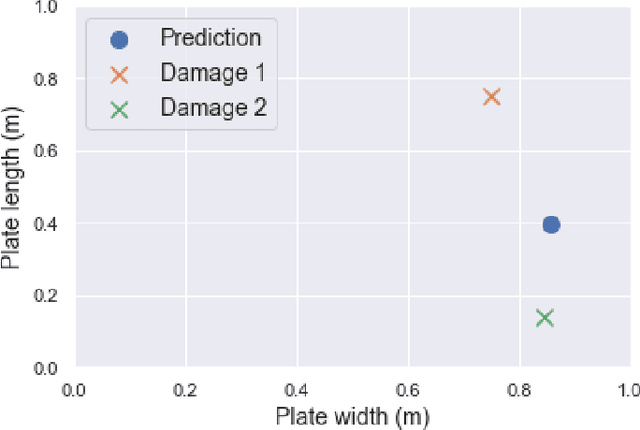
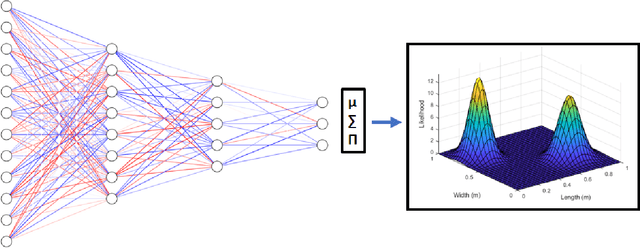
Abstract:Guided ultrasonic wave localization uses spatially distributed multistatic sensor arrays and generalized beamforming strategies to detect and locate damage across a structure. The propagation channel is often very complex. Methods can compare data with models of wave propagation to locate damage. Yet, environmental uncertainty (e.g., temperature or stress variations) often degrade accuracies. This paper uses an uncertainty-aware deep neural network framework to learn robust localization models and represent uncertainty. We use mixture density networks to generate damage location distributions based on training data uncertainty. This is in contrast with most localization methods, which output point estimates. We compare our approach with matched field processing (MFP), a generalized beamforming framework. The proposed approach achieves a localization error of 0.0625 m as compared to 0.1425 m with MFP when data has environmental uncertainty and noise. We also show that the predictive uncertainty scales as environmental uncertainty increases to provide a statistically meaningful metric for assessing localization accuracy.
Accounting for Physics Uncertainty in Ultrasonic Wave Propagation using Deep Learning
Nov 07, 2019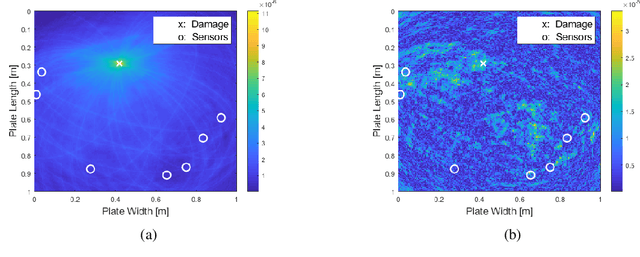
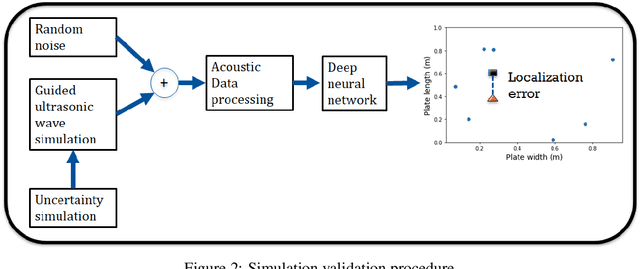
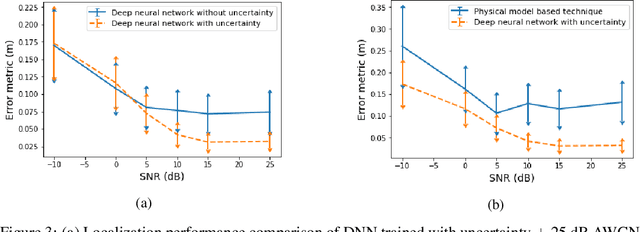
Abstract:Ultrasonic guided waves are commonly used to localize structural damage in infrastructures such as buildings, airplanes, bridges. Damage localization can be viewed as an inverse problem. Physical model based techniques are popular for guided wave based damage localization. The performance of these techniques depend on the degree of faithfulness with which the physical model describes wave propagation. External factors such as environmental variations and random noise are a source of uncertainty in wave propagation. The physical modeling of uncertainty in an inverse problem is still a challenging problem. In this work, we propose a deep learning based model for robust damage localization in presence of uncertainty. Wave data with uncertainty is simulated to reflect variations due to external factors and Gaussian noise is added to reflect random noise in the environment. After evaluating the localization error on test data with uncertainty, we observe that the deep learning model trained with uncertainty can learn robust representations. The approach shows potential for dealing with uncertainty in physical science problems using deep learning models.
 Add to Chrome
Add to Chrome Add to Firefox
Add to Firefox Add to Edge
Add to Edge